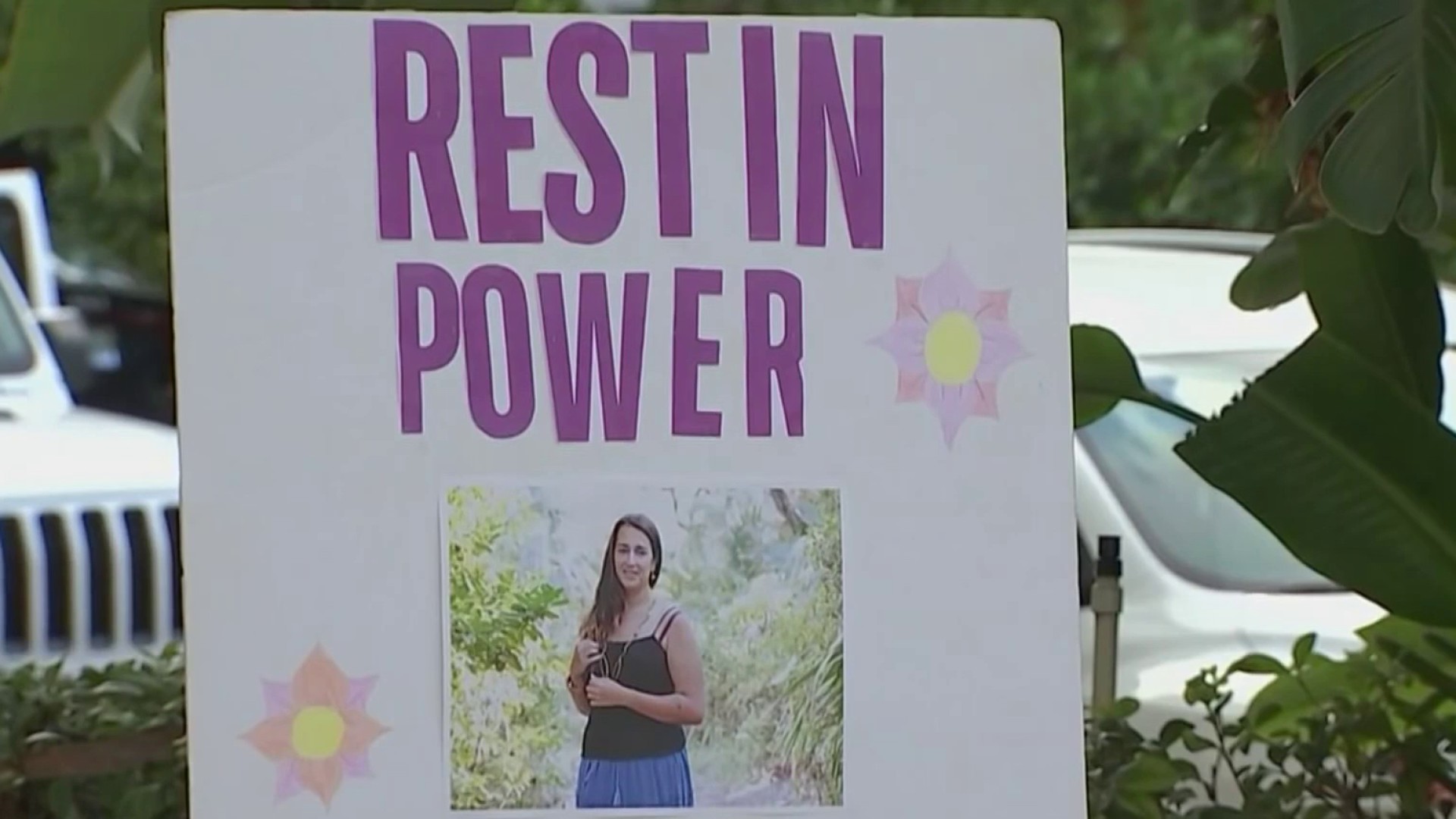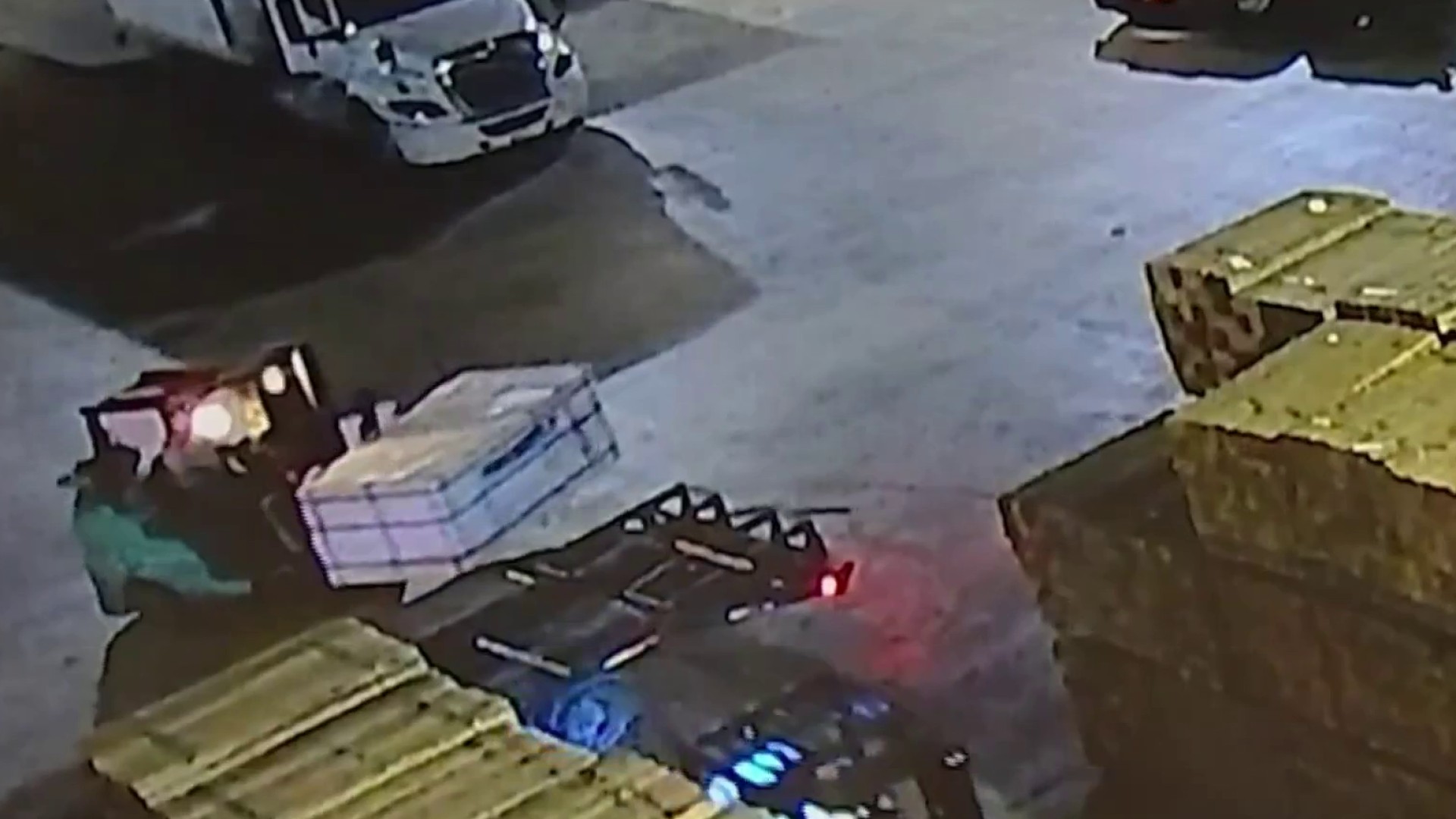Gino has a knack for finding needles.
He surveys a vacant lot in Overtown, ground zero in Miami-Dade’s heroin epidemic, and homes in like a hawk on one dirty syringe after another, jamming them into a plastic case until it can hold no more.
“It’s kinda like cleaning up the neighborhood a little,” says the 60-year-old homeless veteran. “Kids playing or something like that, they may step on them and catch something.”
But he’s also helping reduce the risk heroin users will catch something, like hepatitis or AIDS, which infects a larger proportion of the population in South Florida than any other major metro area in the country.
Until last year, addicts could only try to clean needles themselves and hope for the best as they injected their drugs along with any viruses or bacteria that may have survived prior use.
“There’s a lot of people who’ve got AIDS sharing needles and you know a lot of people just pick them up off the ground and use them,” says Gino.
But now he is one of about 180 addicts who have a better option -- the University of Miami’s IDEA Exchange, where they can exchange dirty needles, like those he’s crammed into that case, for new, sterile syringes.
Local
The state’s first legally sanctioned needle exchange is the brainchild of UM Dr. Hansel Tookes, who spent years trying to persuade legislators to pass the Infectious Disease Elimination Act of 2016 – IDEA – which gives immunity from drug paraphernalia charges to registered participants in the program. “The reach of this epidemic in our city in our state is unreal,” Tookes said. “We have people from all walks of lives.”
From people with six-figure salaries to the homeless, like Gino, who’s grateful, saying “I think it’s very needed.”
It starts with outreach, something outreach coordinator Emy Martinez does from the driver’s seat of her car, cruising through the streets with an eye for addicts.
“Somebody overdosed on this corner last night,” she says, just a few blocks east of the IDEA trailers. “I saw one of my boys. They’re like my children.”
Soon, she’s out of the car and on the sidewalk trying to persuade a user to get to the exchange, where they are tested for HIV and hepatitis; offered counseling on their addictions or disease; and given an identification card that carries a unique number – so they remain anonymous.
For every needle tossed into a sharps container , they are given a new one, chosen from a menu offering different syringe sizes and needle gauges.
There’s also alcohol wipes, rubber straps to help engorge veins, gauze, sterile water and cookers – round metal containers about twice the size of a bottle cap, in which drugs are mixed and heated before being drawn into a syringe and injected.
And there are plenty of condoms. “People don’t realize that people who inject drugs are part of our community, they’re part of our families,” said Dr. Tookes. “Many people are married to people who inject drugs so, or have sexual relations with people who inject drugs.”
The hope here: a few hundred thousand dollars spent now will save tens of millions of dollars later if the program proves to prevent diseases spread by dirty needles.
The state allowed the program on one condition: not a penny of public money be used.
So Tookes and his colleagues obtained $700,000 from private foundations and donors to get started.
Research elsewhere shows “every dollar that’s put into needle exchange saves three dollars in health care costs,” Tookes said.
So he is tracking the infections rates of people walking into the program over years, to see if the program is having an effect.
About 60 percent of those who enroll have hepatitis C and 11 percent are HIV positive.
If those numbers fall, he hopes the state will allow public funds for programs here and across the state.
To critics who suggest the program encourages drug use and destroys lives, he said, “People use drugs regardless or not of whether they have clean needles… I think the people that come to our program, I think they’re so grateful. I think that if anything we’re uplifting lives.”



